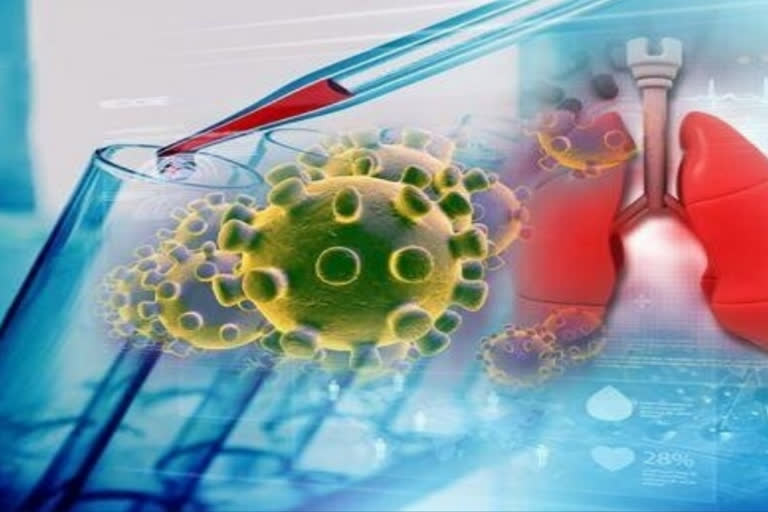Beijing; Researchers have used a single-cell analysis method to identify multiple antibodies from COVID-19 patients that could neutralise the novel coronavirus, an advance which may lead to better therapeutics against the deadly disease.
According to the scientists, including Sunney Xie, director of the Beijing Advanced Innovation Center for Genomics at Peking University, antibodies could be successfully used to treat viruses like Ebola, AIDS, and MERS.
In the current study, published in the journal Cell, the scientists used a method called high-throughput single-cell genome sequencing to identify the antibodies from convalescent plasma, a component of patients' blood.
Also Read: Fitbit to build ventilators for COVID-19 patients
Citing earlier studies, the researchers said antibodies can lead to significant recovery of COVID-19 patients.
'Convalescent patients' plasma, which contains neutralising antibodies produced by the immune response, has led to a clear clinical improvement of both mild and severe COVID-19 patients, they noted in the study.
However, the scientists said screening for potent neutralising molecules called monoclonal antibodies (mAbs) from the immune system's B cells is often a slow and laborious process.
They said the existing methods are particularly not ideal when responding to a global health emergency.
Since only some B cells produce antibodies specific to neutralising the virus, the researchers said, a process to rapidly screen for those cells producing the desired immune molecules was needed.
